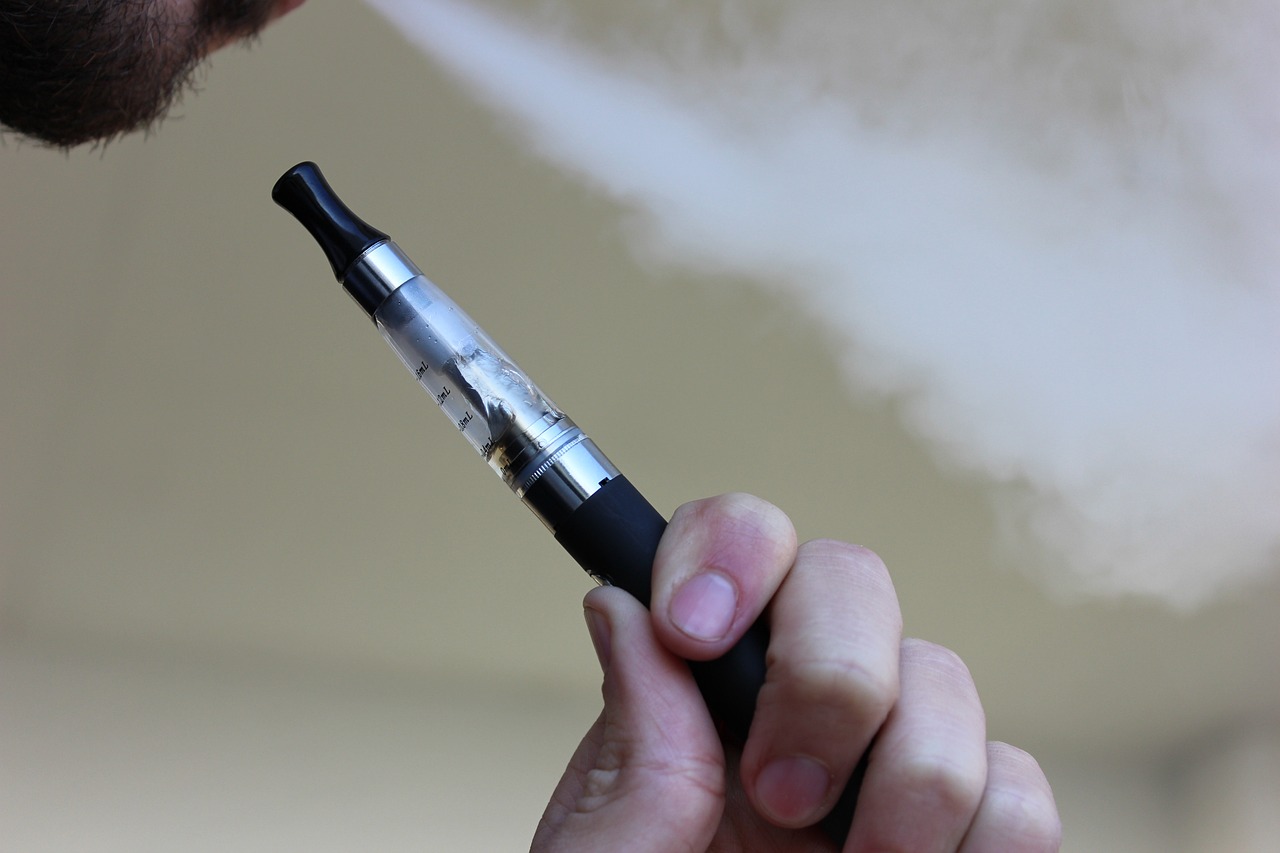
Nicotine and non-nicotine vaping products have become increasingly popular in recent years as an alternative to smoking traditional cigarettes. While both types of products are used for recreational vaping, they have some important differences in terms of their effects on the body and their potential health risks.
Nicotine vaping products, as the name suggests, contain nicotine, a highly addictive substance that is found in tobacco. Nicotine vaping products are often marketed as a smoking cessation tool, as they can provide a similar sensation to smoking cigarettes without the harmful chemicals found in tobacco smoke. However, it is important to note that nicotine vaping products still carry health risks, including addiction, respiratory problems, and cardiovascular disease.
On the other hand, non-nicotine vaping products do not contain nicotine and are often used for recreational purposes. These products are marketed as a safer alternative to nicotine vaping products and traditional cigarettes, as they do not contain the harmful chemicals found in tobacco smoke. However, non-nicotine vaping products are not without their own health risks and should be used responsibly.
One of the main benefits of non-nicotine vaping products is that they are less addictive than nicotine products. Nicotine is a highly addictive substance that can cause physical and psychological dependence, making it difficult for users to quit. Non-nicotine vaping products, on the other hand, do not contain nicotine and are not associated with the same addiction potential. This makes them a safer option for those who are concerned about developing a nicotine addiction.
Non-nicotine vaping products also offer a wider range of flavor options than nicotine products. Nicotine products are often limited to tobacco and menthol flavors, which can be unappealing to some users. Non-nicotine vaping products, on the other hand, come in a variety of flavors, including fruit, dessert, and candy flavors. This allows users to customize their vaping experience and find a flavor that suits their taste preferences.
In terms of potential health risks, non-nicotine vaping products are generally considered to be safer than nicotine products. However, it is important to note that they are not risk-free. Non-nicotine vaping products still contain chemicals and additives that can be harmful when inhaled, such as propylene glycol and vegetable glycerin. These chemicals can irritate the respiratory system and may be associated with respiratory problems over time.
In addition, there have been concerns raised about the safety of some flavoring agents used in non-nicotine vaping products. Some flavoring agents, such as diacetyl, have been linked to a serious lung disease known as popcorn lung. While this is a rare condition, it is a potential risk associated with non-nicotine vaping products.
Nicotine vaping products, on the other hand, have been associated with a range of health risks, including addiction, respiratory problems, and cardiovascular disease. Nicotine is a highly addictive substance that can cause physical and psychological dependence, making it difficult for users to quit. In addition, nicotine vaping products can irritate the respiratory system and may be associated with respiratory problems over time. There have also been concerns raised about the long-term cardiovascular effects of nicotine vaping products, although more research is needed in this area.
It is important to note that both nicotine and non-nicotine vaping products still carry health risks and should be used responsibly. Users should be aware of the potential health risks associated with vaping and should take steps to minimize their risk of harm.
In conclusion, nicotine and non-nicotine vaping products offer different benefits and risks to users. Nicotine products are often marketed as a smoking cessation tool, but they still carry health risks and can be highly addictive. Non-nicotine vaping products offer a wider range of flavors and are generally considered to be safer than nicotine products, but they are not risk-free and may be associated with respiratory problems





